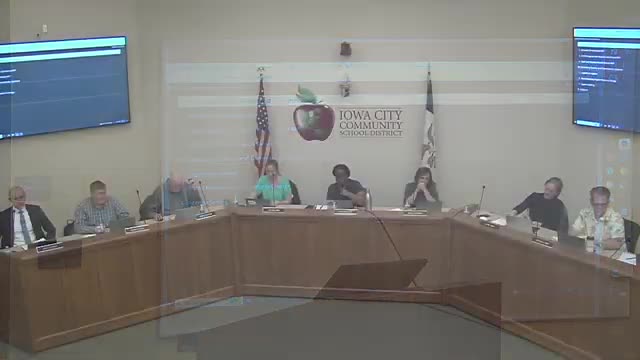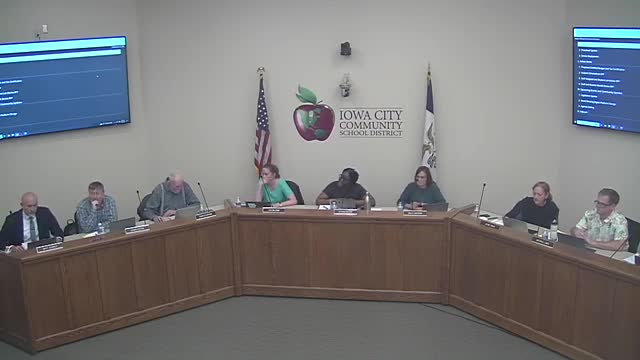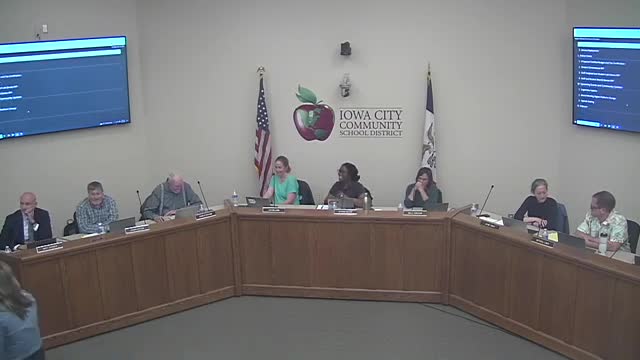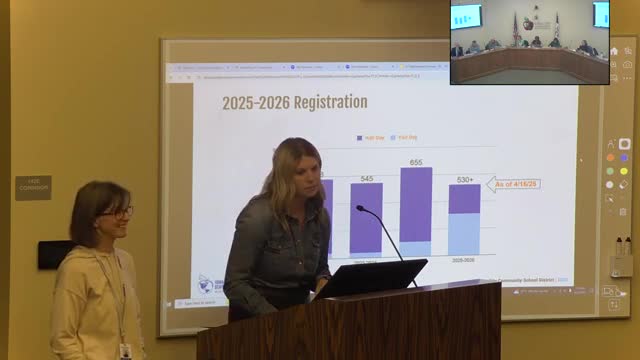Article not found
This article is no longer available. But don't worry—we've gathered other articles that discuss the same topic.

Votes at a glance: board adopts certified budget, multiple RFPs and routine agendas

Architects recommend stage, rigging and rehearsal upgrades in district fine‑arts facility study

District expands full‑day preschool to every elementary; enrollment tops 655 this year

